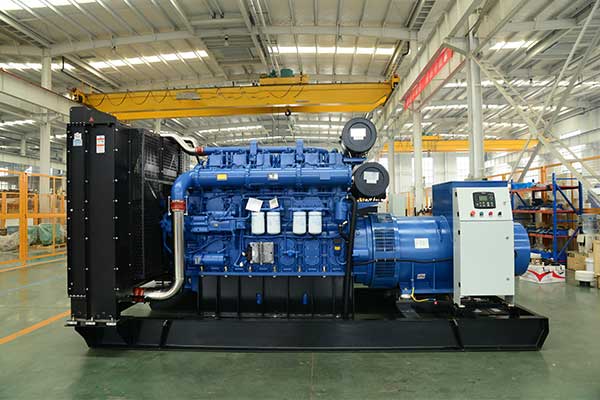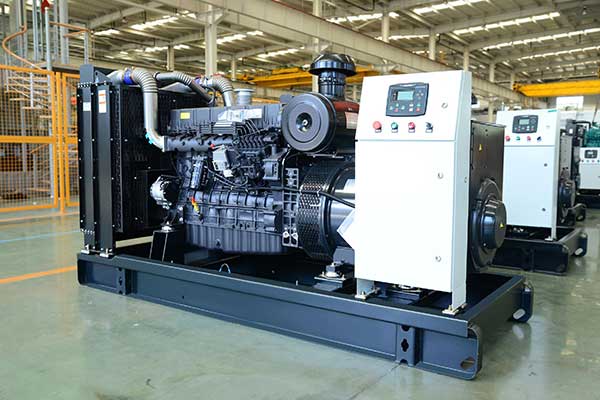Advantages and Disadvantages of Diesel Generators
Diesel generators are a popular choice for both commercial and residential power needs. They are used in various settings, from construction sites to hospitals, due to their reliability and efficiency. However, like any technology, diesel generators come with their own set of advantages and disadvantages.

Advantages of Diesel Generators
1. Fuel Efficiency
Diesel generators are known for their fuel efficiency. Diesel engines typically consume less fuel compared to gasoline engines for the same power output. This efficiency translates into lower operating costs over time, making diesel generators a cost-effective option for long-term use.
2. Durability and Longevity
Diesel engines are built to withstand high compression and tough conditions, making them more durable and long-lasting. They require fewer repairs and maintenance compared to gasoline engines, which can significantly reduce downtime and associated costs.
3. Reliable Performance
Diesel generators are renowned for their reliability. They can operate for extended periods without interruptions, making them ideal for critical applications such as hospitals, data centers, and emergency backup power. Their robust construction ensures consistent performance even in harsh environments.
4. Safety
Diesel is less flammable than gasoline, reducing the risk of fire hazards. This safety feature makes diesel generators a preferable choice in industries where fire safety is a major concern. Additionally, diesel fuel is less likely to explode, further enhancing the safety of diesel generators.
5. Lower Operating Costs
Due to their fuel efficiency and fewer maintenance requirements, diesel generators tend to have lower operating costs compared to their gasoline counterparts. Over the long term, the savings on fuel and maintenance can be substantial, making diesel generators a cost-effective investment.

Disadvantages of Diesel Generators
1. Initial Cost
One of the main disadvantages of diesel generators is their higher initial cost. Diesel engines and their components are more expensive to manufacture, resulting in a higher purchase price. However, this initial investment can be offset by lower operating costs over time.
2. Noise Levels
One of the most significant drawbacks of diesel generators is their noise level. Diesel engines tend to be louder than gasoline engines, which can be a concern in residential areas or noise-sensitive environments. However, modern advancements have led to quieter models with improved soundproofing.
3. Emissions
Diesel engines produce more emissions compared to gasoline engines, contributing to air pollution. Although modern diesel generators are equipped with emission control technologies, they still have a higher environmental impact than some alternative power sources.
4. Size and Weight
Diesel generators are generally larger and heavier than their gasoline counterparts. This makes them less portable and more challenging to install in certain locations. The size and weight can also be a disadvantage in applications where space is limited.
Conclusion
Diesel generators offer a range of advantages, including fuel efficiency, durability, reliability, safety, and lower operating costs. However, they also come with disadvantages such as higher initial costs, noise levels, emissions, size, and weight challenges. When considering a diesel generator, it is essential to weigh these pros and cons against your specific needs and circumstances. For many applications, the benefits of diesel generators far outweigh the drawbacks, making them a viable and efficient power solution.
RoadSky and Diesel Generators
RoadSky is a professional diesel generators supplier with a variety of models for customers to choose from to meet the different needs of customers. The products meet multiple qualifications and certifications. If you are looking for a diesel generator for your project, you can contact us directly for more information.

